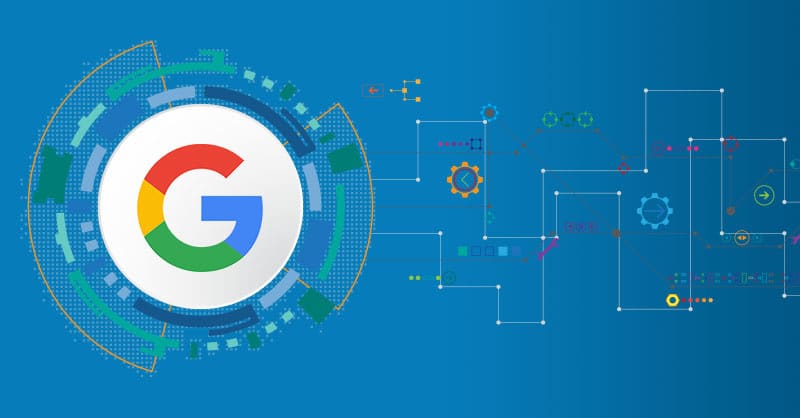
If you operate in the digital sphere, then you have no doubt heard about Google algorithms.
Love it or hate it, they are part of our lives and can bring success or friction to our online performance. If you have ever wondered what drives these Google algorithms, how they can be interpreted and anything else related to Google Core Updates, here is a beginner's guide to search engines.
What is the Google algorithm?
The Google algorithm is a collection of systems that analyse the web to bring user information that they have searched for. The algorithm uses a range of factors to rank what we see on the search engine results page (SERP), which may include keyword density, the usability of the page, the authority of the website, the volume of the content and so much more.
A reputable Melbourne link-building agency and other SEO-related agencies work with businesses to assess their website and optimise for Google.
Think of the Google algorithm as a professional who is tasked with presenting the best information for the user based on their search request, which they do by checking off a list of priorities and requirements. It is up to SEO and businesses to speculate what is on that priority and requirement list and present content in a way that will satisfy that professional.
From there, the content is ranked into ten positions on each page of Google, with the ultimate goal of satisfying the Google algorithm and finding your way to page one in the top spot of the SERP.
Google Core updates

Now, if the process was as easy as it sounds above, ranking on Google might be easier than you think. The problem is, Google Core Updates happen throughout the year and will re-order these priorities and requirements and that usually results in a shuffling of the ranking order.
For example, you may have worked tirelessly to gear your website's content to be keyword-rich and intent-focused, but then a Core Update rolls around that focuses on images and alt tags – your hard work may be diluted with this new focus.
Ideally speaking, you are creating relevant content that serves the user's needs, so Core Updates should not destabilise your website too much if you are designing for the user. That said, keep up to date with the Core Updates so you can tweak and optimise as needed to avoid any performance impact.
Do other search engines have the same algorithm?
Google is a ubiquitous brand and the very term “Googling” has come to represent how we interact with search engines. But what does this mean for Bing, Yahoo, DuckDuckGo and other search engines?
They have their own algorithms but none are more complex and user-friendly as Google. Most SEOs and businesses looking to enhance their digital performance will gear their activity to Google’s algorithm, with an assumption that the secondary search engines will also benefit.
What are some quick wins that will appease the Google algorithm?
If it was easy to rank at the top position, wouldn’t everyone do it? The best way to enhance your online performance and visibility in the SERPs is to work with an SEO agency. Beyond that, there are some quick wins you can implement that will help you with your digital performance. Let’s take a look at what you can improve on your website today.
1. Use keywords

Using keywords on your pages will signal to Google that you have relevant information about this topic. You want to be using the keyword enough times that it is noticed, but too many times will have a detrimental impact and Google may think your page is spam.
You want to spread those keywords around into the body of the content, the headings (both H1 and H2 if you can do so naturally) and in your URL.
2. Learn what technical SEO is
Technical SEO is just as important as the on-page content you can see. Technical SEO includes writing meta titles and descriptions that contain information about what the page is about. You can access this through your CMS dashboard, and be sure to use keywords and succinctly describe the content on the page.
You should also be writing alt-image descriptions for all the imagery you use on your website – from feature images to images within the body of the content.
3. Ultise free SEO tools
If you are not in a position to use an SEO agency just yet, there are some free SEO tools that can help. They will show you how you score with your core web vitals, what your best-performing pages are and which keywords are doing well.
Check our AHREFs free SEO tools, as well as Neil Patel’s uber suggest and Google Keyword Planner. These tools have different functionalities so you may glean some quality information from all of them.
We hope that this guide will give you an idea of the importance of the Google algorithm and the ways you can enhance your website so that the user is presented with clearer information that also pleases Google. When the time comes, consider working with an SEO agency so that they can manage your visibility and allow you to dominate the composition on page one.










